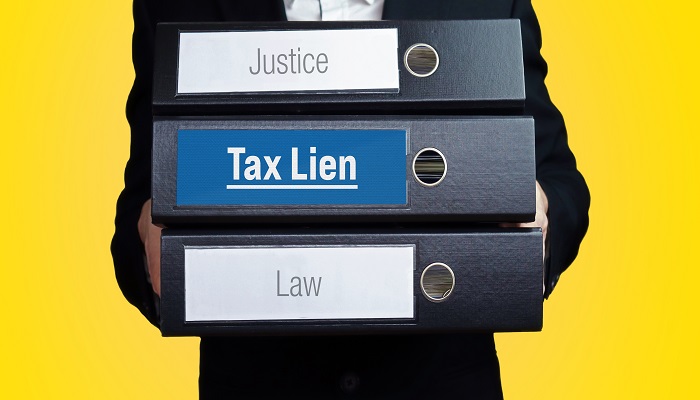
The IRS files almost one million tax liens every year. A tax lien is a document filed at the local county recorder’s office to help secure debt taxpayers owe to the IRS. When individuals fail to pay their taxes, the IRS can impose a tax lien on their assets and property which gives it the authority to seize and sell, making it difficult for the taxpayer to sell or refinance it. That is why it is important to settle the IRS problem immediately by seeking tax lien assistance from an experienced attorney. In this blog post, we discuss three things you can do if the IRS imposes a tax lien on your property. Read on!
1. Have the Lien Subordinated
Taxpayers who are struggling with unpaid taxes and have tax liens on their property can complete an application for a Certificate of Subordination of Federal Tax Lien. The application can make the government’s interest in the taxpayer’s assets and property come after other creditors, such as the financial institution that holds the mortgage to said property. After successful completion of a Certificate of the Subordination of Federal Tax Lien Application, taxpayers can refinance the mortgage against their property to reduce their monthly mortgage payments. The IRS will agree to subordinate a tax lien only if it gets some percentage of the money owed upon the closing of the refinance.
Related Blog: A Brief Guide on How to Get Assistance Regarding a Tax Lien
2. Request the IRS to Discharge the Lien
Taxpayers can also request the IRS to discharge a tax lien so that they can sell their property. Although the discharge does not eliminate the lien, it frees the specific property and places the lien on another property belonging to the taxpayer. This way, taxpayers can sell the property freeing themselves from the lien and pay back their tax debts to the IRS. Taxpayers can also seek tax lien assistance from an experienced tax attorney who can communicate with the IRS on their behalf and persuade it to show leniency.
Related Blog: Worried about IRS Problems? The IRS Fresh Start Program May Help
3. Apply for an Offer in Compromise
Taxpayers who cannot afford to pay their taxes may sometimes qualify for an “Offer in Compromise” (OIC). OIC refers to an arrangement allowing taxpayers to settle unpaid taxes with the federal government for less than the amount taxpayers owe. Generally, taxpayers may need assistance from an IRS lawyer who can convince the government that they lack the capacity to pay back taxes. If the IRS accepts the settlement offer, it will eliminate a certain amount of the tax debt and all liens on the taxpayer’s property.
Wrap Up
Apart from the above-mentioned avenues, taxpayers can also deal with tax liens by being patient and waiting for the statute of limitation period for collecting taxes to run its course. Sometimes the IRS may remove a lien after the completion of the 10-year statute of limitation period if taxpayers comply with rules and do not sell or refinance their house. If you think that you need immediate tax lien assistance, connect with highly skilled tax attorneys at the Law Offices of Nick Nemeth, PLLC. To speak with one of our attorneys, call (972) 426-2553, or fill out our contact form.


